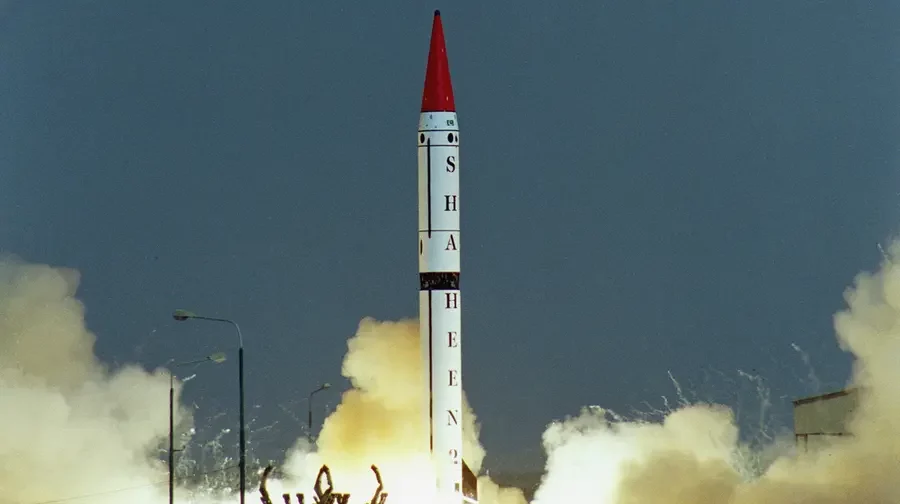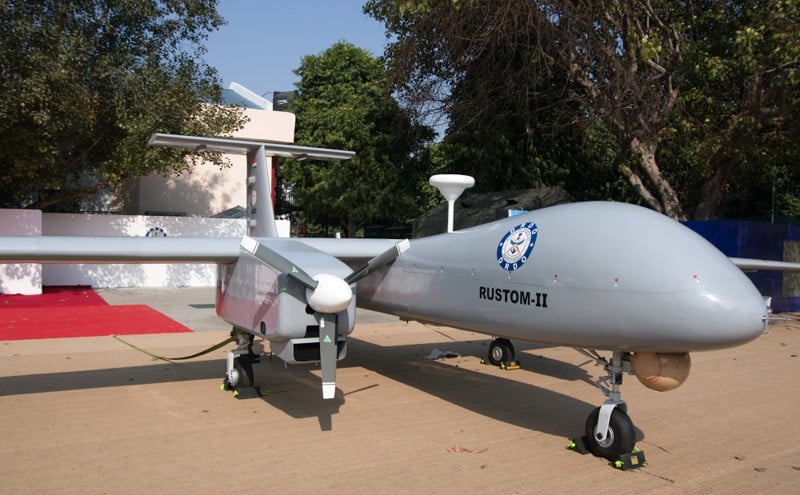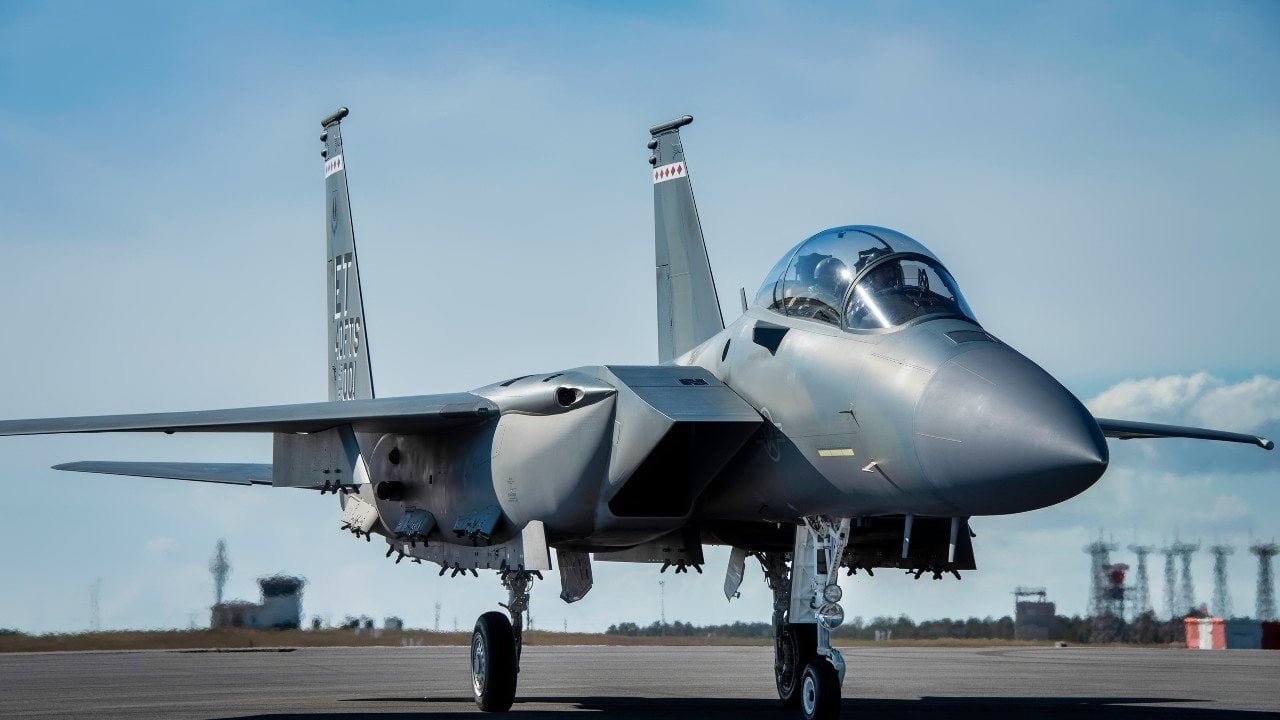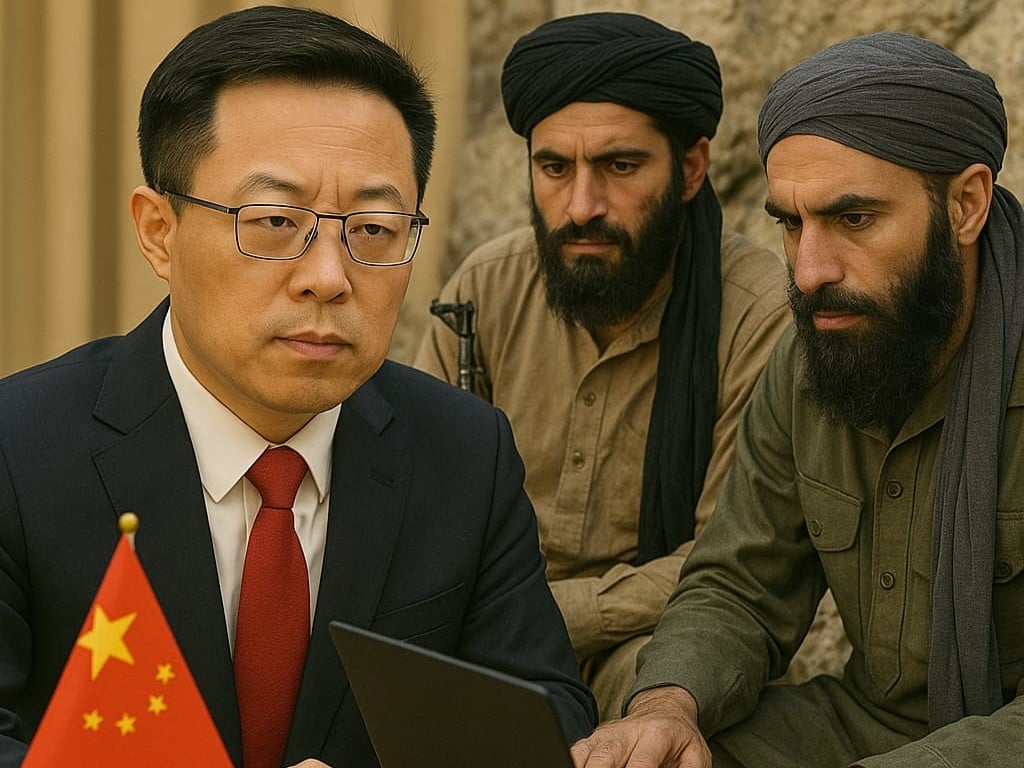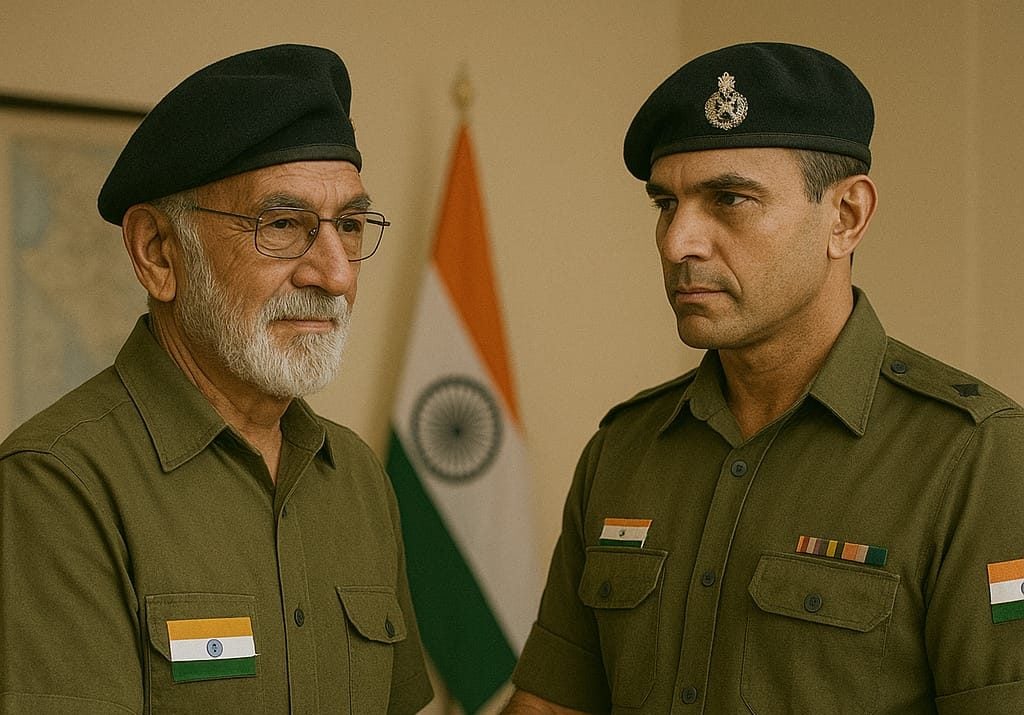Pakistan Conducts Test of Enhanced-Range Abdali Missile With Range of 450 km
In a sharp escalation of regional tensions, Pakistan on Saturday conducted a test launch of its Abdali surface-to-surface ballistic missile,…
IAF Wants High-Altitude Surveillance Drones to Boost Border Monitoring
In a decisive move to strengthen its strategic surveillance and intelligence infrastructure, the Indian Air Force (IAF) has issued a…
China Publicly Reveals Specifications of Type 094 Nuclear Submarine for the First Time
For the first time since its induction in 2007, the People’s Liberation Army (PLA) has officially released detailed specifications of…
Boeing Delivers Ninth F-15EX Eagle II to Oregon Air National Guard
Boeing announced the delivery of the ninth F-15EX Eagle II multi-role combat aircraft to the Oregon Air National Guard’s 142nd…
China Accused of Aiding Pahalgam Terrorists with Covert Tech?
In a development that could further destabilize South Asian geopolitics, Indian security agencies have accused China of covertly supplying advanced…
One of Many Retired Indian Army Veterans Volunteers to Rejoin The Service Amid Tensions With Pakistan
In a powerful display of patriotism, hundreds of retired Indian military officers have volunteered to return to active duty as…

